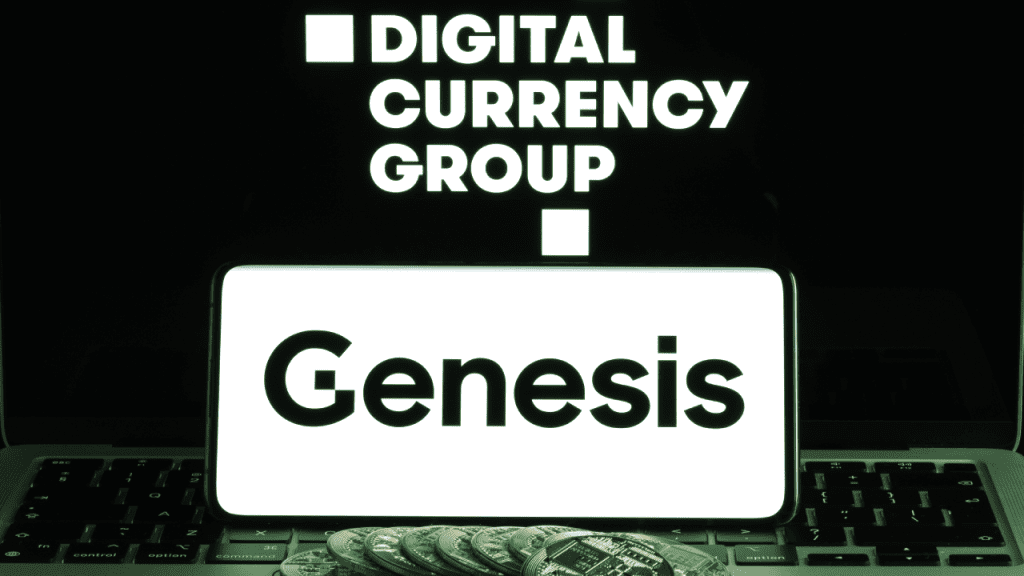Key Points:
- Digital Currency Group (DCG) contests Genesis’s payment plan, asserting it favors a select few creditors disproportionately.
- Raises eyebrows as some creditors may recover more than their original claims due to digital asset price hikes post-Genesis collapse.
Digital Currency Group (DCG) has vehemently opposed the proposed payment plan for its collapsed subsidiary, Genesis, contending that the current arrangement favors a select group of former clients disproportionately.

Genesis, a crypto lending platform under the DCG umbrella, faced financial turmoil leading to its bankruptcy last year, leaving clients awaiting reimbursement.
While DCG assured creditors that they would be fully compensated, the recent court filing challenges the fairness of the proposed plan, asserting that it favors a small controlling group of creditors over others. The primary concern raised is that the plan allows certain creditors to receive amounts exceeding the value of their claims in U.S. dollars at the time of the bankruptcy, particularly due to the surge in digital asset prices like Bitcoin (BTC) and Ethereum (ETH) since Genesis’s collapse in January.
DCG’s Opposition Sparks Debate
Genesis encountered challenges in November 2022 when it extended substantial loans to struggling crypto firms such as Three Arrows Capital and Alameda Research.
These firms faced defaults triggered by market contagion from the collapse of TerraUSD. Following the collapse of the prominent digital asset brand FTX, GN, citing “unprecedented market turmoil,” informed clients of an indefinite suspension of withdrawals from its lending arm.
Genesis’s Complex Crypto Lending Saga

In January 2023, the Securities and Exchange Commission (SEC) filed a lawsuit against GN, alleging the unauthorized solicitation of billions of dollars in crypto investments from hundreds of thousands of investors. Subsequently, Genesis filed for bankruptcy that same month.
DCG’s objections to the payment plan highlight the complexities arising from the appreciation of digital asset values post-bankruptcy, underscoring the need for a fair and equitable resolution for all creditors involved. The court will now assess these objections before making a decision on the proposed plan.
| DISCLAIMER: The information on this website is provided as general market commentary and does not constitute investment advice. We encourage you to do your own research before investing. |






















